Fedcap’s Document Management brings One Stop Solutions to Business
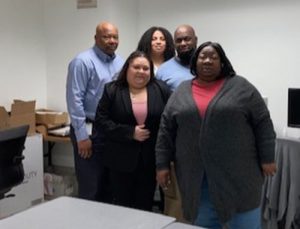 The Fedcap Group has been recognized as a pioneer in social enterprise since its founding 87 years ago. That proud tradition lives on today in the work of Fedcap Rehabilitation’s Digital Imaging and Document Management team.
The Fedcap Group has been recognized as a pioneer in social enterprise since its founding 87 years ago. That proud tradition lives on today in the work of Fedcap Rehabilitation’s Digital Imaging and Document Management team.
Under the leadership of Kevin Pugh, the team’s excellent work has left a trail of very satisfied internal customers. “When the Document Management team started working at different customer sites, we talked about delivering the best quality of services and viewing all opportunities as potential customers with referrals,” Kevin said. “I am extremely proud of the staff because of their dedication and commitment to successfully establish the first mobile scanning team at Fedcap.”
Fedcap’s Career Services program offers youth and adults (18-24 years) applying for or receiving cash assistance benefits opportunities to help them increase their job skills and build a career that will lead to success and financial security. Referrals are made through the program’s contract partner, NYC Human Resources Administration.
Each year Career Services programs are audited by the city and state, and are required to maintain client records, said Kelly Washburn, Senior Director of Workforce Development. The program, which began in 2017, was paper-based for its first years of operation, generating mountains of paperwork including intake forms, job search logs and assessments that were stored in hundreds of boxes in file rooms.
The excessive storage created major headaches. Document retrieval was inefficient and time-consuming. Storage was expensive, as there was no room to keep all the boxes on site. Fedcap Inc. maintains a risk register for all programs of factors that could adversely impact program operations or contract requirements. The paper overload problem in Career Services was part of the register.
When the pandemic hit and referrals were put on hold, the team saw an opportunity to digitize the documents. Kelly heard about the document management team from a colleague, and a decision was made to use this valuable internal resource. Within a week Kevin assessed the job, and provided cost breakdowns and a proposal. Coordinating with the program’s operations manager, Kevin brought the equipment on site, and then brought in his team.
The work began in October—converting documents into images and digitizing the entire filing system—and was completed by the end of March. The program is far more organized and efficient now. Client files stored in a secure SharePoint folder can be accessed with the click of a button, whereas before staff might have searched for hours or days. Digitization never would have happened without the document management team, as it would have taken staff years of work and cut into valuable client time.
”The team was super professional and efficient, and made everything so easy for us,” Kelly said. “They treated us like any valued commercial customer, and far exceeded expectations.”
When Silvia Estrada started her current position as Director of Justice Initiatives for Fedcap Inc., filing and recordkeeping for the Rikers SMART program were paper-based. With no formalized system and piles of boxes and paperwork, Silvia reached out to Kevin for help. The team picked up the boxes of documents and organized them so that every single case file had a name and could be easily accessed. When the SMART contract was up for renewal the team returned a second time to organize documents for the jail-based program, and again the team came through, completing the job within a week.
The impact of the document management team’s work has been remarkable, saving uncountable staff hours. The program is audited regularly by its funder, NYC Department of Corrections–there have been three separate audits since the digitization effort. In the past it took a month to prepare for audits, and required a team of five people to search for the relevant documents. Now, it takes a few days, and Silvia can do it herself. “This is an amazing resource that a few years ago we didn’t know existed,” she said.
While Fedcap Rehab’s Article 31 clinic in the Bronx maintains electronic records for current clients, it had a massive backlog of paper records that it was obliged to maintain for six years. Kevin’s team came to the location and did the scanning work onsite, and arranged for proper disposal of paper records.
“Kevin devised a one-stop solution for us, and did it in accordance with HIPPA requirements,” said Ed Bolognini, Executive Director of Wildcat and ReServe. “They delivered platinum-level service ahead of schedule and at an excellent price. Whenever I call Kevin with a question he calls me back ASAP and remembers every detail about the job. This is social enterprise at its best, delivering a quality product while having an impact in keeping with our mission.”
To find out how our Print Imaging and Document Management Services can capture and maintain your vital data, contact Kevin Pugh, Document Management Manager, at kpugh@fedcap.org.

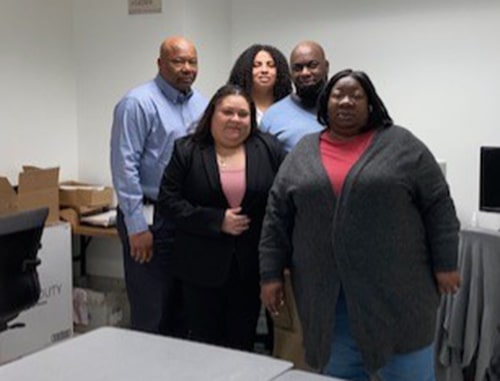

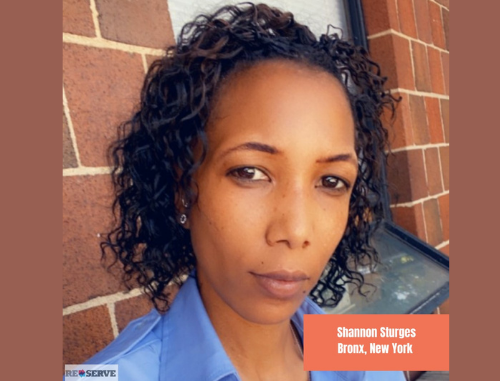
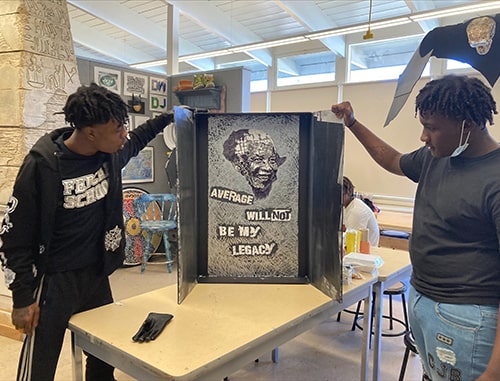



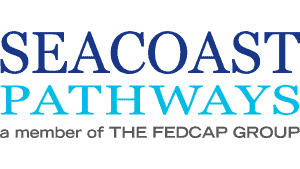


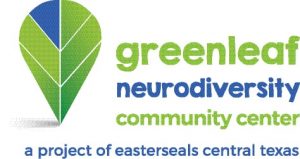
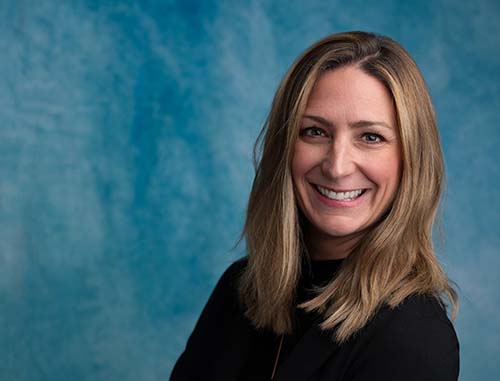
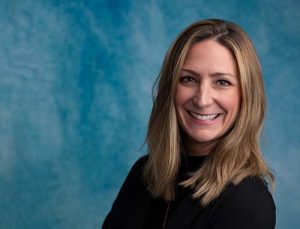 January 14, 2022 — New York City Employment and Training Coalition (NYCETC), the nation’s largest city-based workforce development association with over 200 members providing jobs for more than 600,000 people, this week announced the 27 inaugural members of its new Workforce Policy Strategy Council—a group of workforce development experts that includes Kelly Washburn, Senior Director of Workforce Development, Fedcap Inc.
January 14, 2022 — New York City Employment and Training Coalition (NYCETC), the nation’s largest city-based workforce development association with over 200 members providing jobs for more than 600,000 people, this week announced the 27 inaugural members of its new Workforce Policy Strategy Council—a group of workforce development experts that includes Kelly Washburn, Senior Director of Workforce Development, Fedcap Inc.